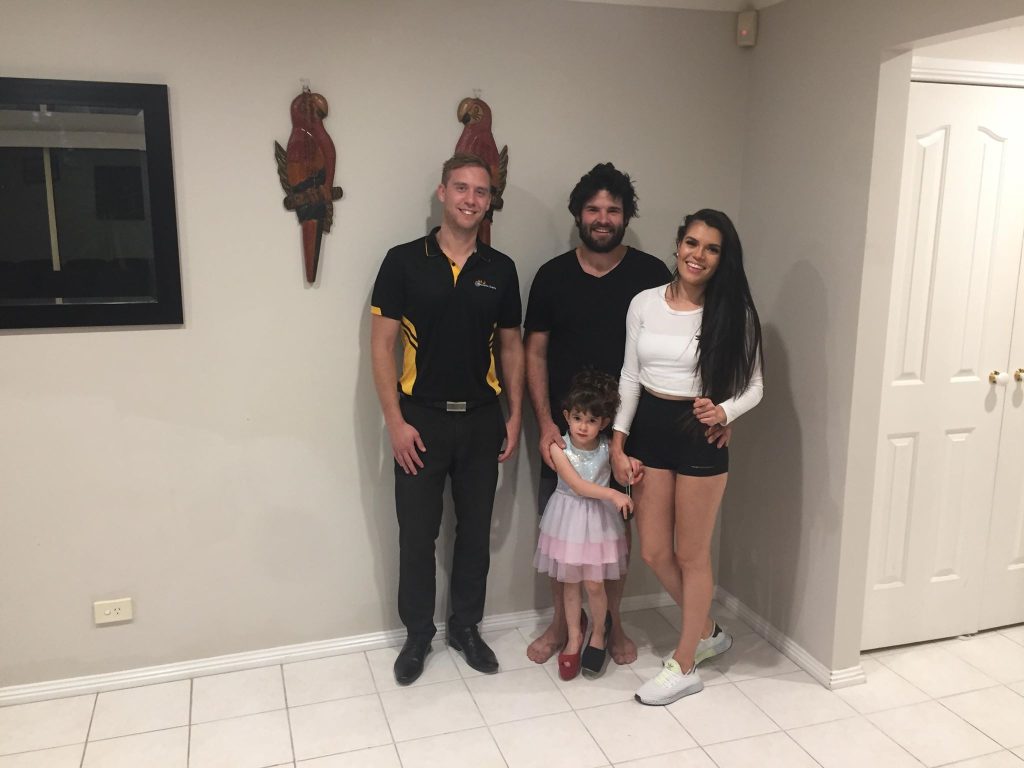Ending Fixed Term
Fixed-term home loans surged in popularity during the Covid pandemic as many lenders cut their fixed mortgage rates below 2%. Once those terms expire, some borrowers may be in for a shock as their home loans reset at a much higher interest rate.
Borrowers who took out a fixed mortgage have so far been protected from the Reserve Bank of Australia’s interest rate rises while their fixed term remains in place.
Deciding what to do when your fixed-rate ends can make a big impact on your cashflow.
What happens when your fixed rate ends?
When your fixed term is nearing its end, your lender and mortgage broker will usually contact you to let you know what your options are.
You will then have to decide whether to re-fix your loan at a new rate, switch to a variable rate, or refinance with a new lender.
- Re-fix: If you re-fix your loan, you’ll also need to decide how long you’re fixing it for – usually between one and five years.
- Variable: If you prefer the variable rates on offer, you can opt to switch. A broker can often help you negotiate a lower variable rate than the ‘revert rate’ a lender will offer.
- Refinance: If you have enough equity in your property, you may also be able to refinance with a new lender when your fixed term ends. A mortgage broker will be able to talk you through your options.
When your fixed term is nearing the end, the worst thing you can do is nothing.
If you simply let the fixed term lapse, your lender will likely switch your loan to its revert rate, known as the ‘standard variable rate’, which can be much higher than some of the discounted options available to new borrowers. It’s a win for the lender but not for the borrower.

Donna Canning – I highly recommend MJ Financial chiefs. We refinanced our existing home loan and also took out an investment loan and not once did I have to deal with the banks! The whole thing was so easy and went so smoothly and quickly. Justin was an absolute pleasure to deal with and got us exactly what we wanted.

Here are some common questions for expiring fixed rates
Can you extend your fixed rate term?
No. When a fixed rate term ends the borrower has the option to re-fix, but this is for a new fixed term and will likely have a different interest rate.
This is because the forecast for where the cash rate is heading could have changed significantly since you last fixed your loan.
What happens if interest rates go up or down when I’m on a fixed rate?
The general appeal of a fixed rate is the rate of interest paid on a loan doesn’t change for a set period.
That means when the lender puts its interest rates up or down, it doesn’t affect existing fixed rate customers.
There’s pros and cons to this:
- Pro: If interest rates increase significantly during the fixed term period, you could find yourself financially in a better position than borrowers on variable loans.
- Con: If interest rates go down, you still have to pay your locked-in interest rate for the duration of your fixed term.
If interest rates change in the period between when you agree to a fixed term and when your fixed term starts, that’s a more challenging scenario.
If interest rates go higher than what you were approved for you’ll typically have to pay the new, higher rate. Some lenders will offer you the chance to ‘lock in’ your agreed rate for a fee. Talk with the lender or a mortgage broker to calculate whether a rate lock would be a worthwhile option.
Can I have an offset account with a fixed loan?
Usually you are unable to access an offset account with a fixed home loan; however, there are a couple of lenders we have access to that do offer this feature.
Can I make extra repayments of a fixed loan?
Most banks do not allow extra repayments on fixed loans.
Some banks allow you to make extra repayments on your fixed home loan of up to $10,000 per account which can be made each year without penalty (additional payments above this amount may incur break costs).
The 12-month period is calculated from the date the fixed term commenced.
